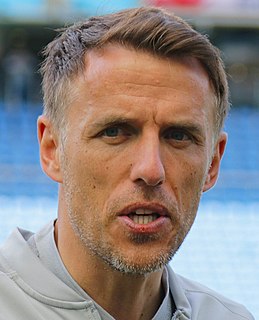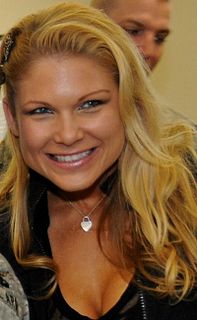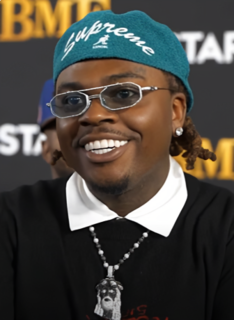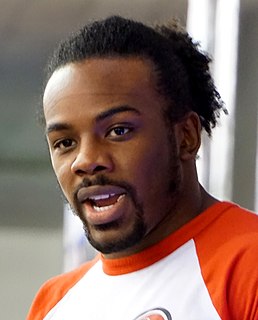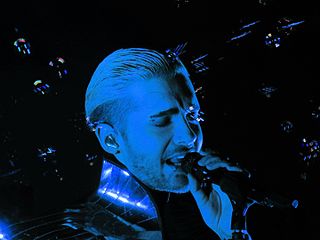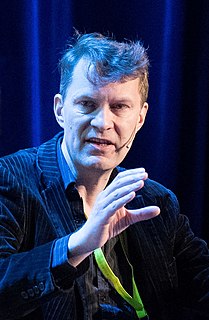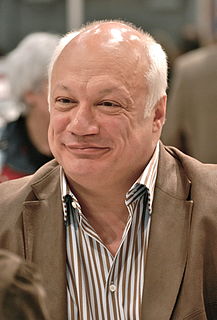A Quote by Anita Sarkeesian
I wanted to make feminism more accessible. And I really wanted to engage with my own generation, one that is increasingly speaking in an audio/video multimedia language.
Quote Topics
Related Quotes
I went to New York. I had a dream. I wanted to be a big star, I didn’t know anybody, I wanted to dance, I wanted to sing, I wanted to do all those things, I wanted to make people happy, I wanted to be famous, I wanted everybody to love me. I wanted to be a star. I worked really hard, and my dream came true.
All the kids are learning different languages. I asked them what languages they wanted to learn, and Shi is learning Khmai, which is a Cambodian language; Pax is focusing on Vietnamese, Mad has taken to German and Russian, Z is speaking French, Vivienne really wanted to learn Arabic, and Knox is learning sign language.
I had one little brother and I would use him as a scapegoat to get us games. Obviously, I would get the more girly toys like dolls and Barbies, yadda, yadda, yadda. But I really wanted video games or action figures or something so I would send him to ask mom, 'Hey, I want this video game' when it was really we wanted this video game.
I wanted to become a director before I wanted to become a writer. When I was 10, people would ask me what I wanted to be when I grew up, and I said, 'Walt Disney.' I wanted to make films. But I wasn't offered a camera. I was offered language. So I started telling stories in the theatre and then in my novels.


